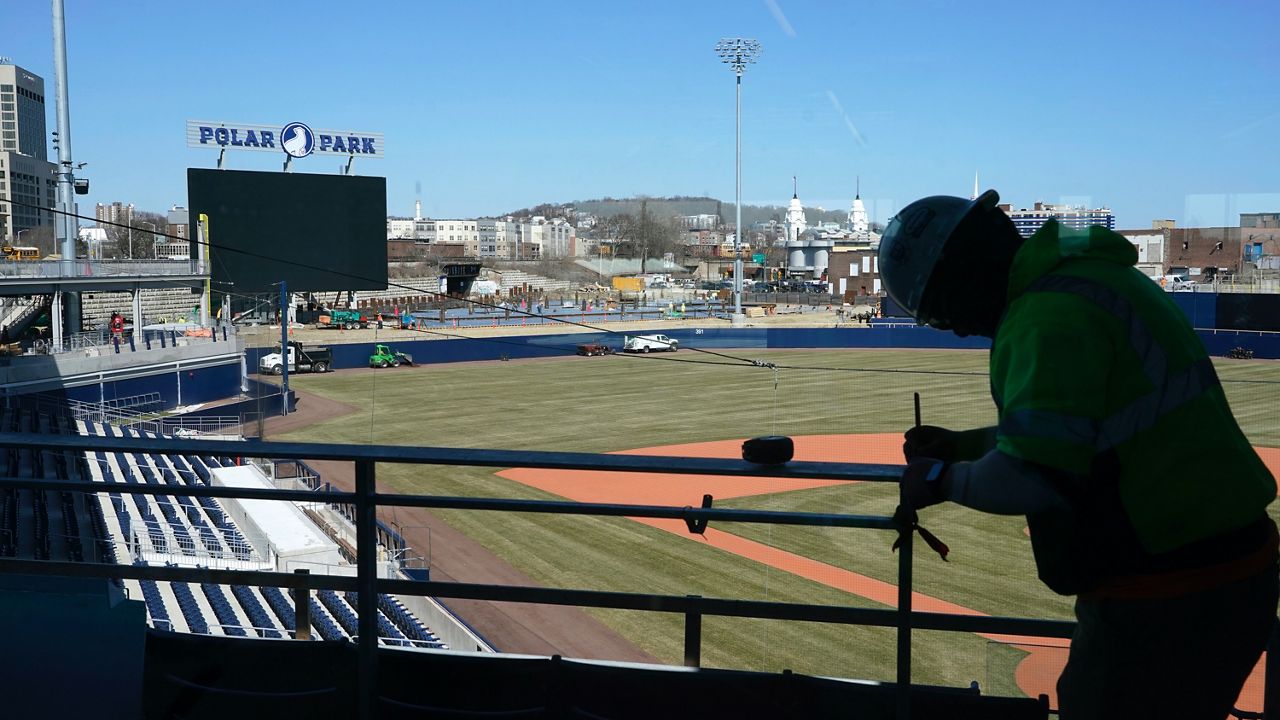The operators of four minor league baseball teams, recently ousted from the ranks of Major League Baseball’s newly-consolidated developmental system, have filed a lawsuit in federal court to challenge MLB’s effective federal antitrust exemption.
A federal civil complaint filed in the Southern District of New York by the owners of the Staten Island Yankees, Norwich Sea Unicorns, Salem-Keizer Volcanoes and Tri-City ValleyCats alleges that MLB “collectively decided to artificially reduce” the number of minor league teams affiliated with MLB clubs in order to cut expenses in 2020. The plaintiffs called MLB’s restructuring of the minor leagues a “naked horizontal agreement to cement MLB’s dominance over all professional baseball.”
For more than 100 years, minor league baseball associations collectively bargained to protect their clubs from having players poached by National League and American League teams; in 1903, a deal known as the Professional Baseball Agreement was reached. As a result, all leagues would recognize each other’s contracts, and structures were put in place for teams to buy the contracts of players to move up the professional baseball ladder.
By the mid 20th century, MLB clubs began purchasing their own minor league clubs and negotiating deals with other clubs, leading to the modern farm system where young players would build their skills for major league teams.
Most of those dealings hinge on MLB’s effective antitrust exemption, which originated in the 1922 landmark U.S. Supreme Court case, Federal Baseball Club v. National League. In that case, the court decided that baseball games are not subject to federal antitrust laws as they’re solely matters of the states those games are played in — that, despite the fact that NL and AL teams frequently crossed state lines for games, the travel and transportation is “a mere incident, not the essential thing,” according to the majority opinion authored by Justice Oliver Wendell Holmes.
Last year, MLB allowed the Professional Baseball Agreement with the Minor League Baseball corporation to expire. Soon after, MLB began negotiating with individual minor league baseball leagues and clubs by themselves. In September 2020, MLB announced partnerships with three independent leagues, Atlantic League, the Frontier League and the American Association all within two days.
In May, MLB announced a complete overhaul of the minor leagues into the Professional Development League, restructured into levels with tiers associated with levels of play. Alongside the announcement, MLB promised upgrades to minor league facilities, less in-season travel for players and coaches, and salary increases across all levels of minor league play.
Last December, 120 clubs were invited to become affiliated with MLB and its roster of PDL teams. But as part of that restructuring plan, plaintiffs allege that MLB cut 40 teams out of the new reorganization, including the plaintiffs.
The four plaintiffs’ teams — the SI Yankees, Sea Unicorns, Volcanoes and ValleyCats — were all previously associated with Class A Short Season leagues, a classification that was eliminated in the restructuring.
The plaintiffs argue that MLB’s restructuring of the minors harms the economies of “grass-roots baseball towns” these teams served, as well as those fans who can’t travel to the markets where MLB or MiLB teams play.
But the case largely seeks for the court to strike down the “baseball exemption” — an argument hinging on June’s Supreme Court ruling in NCAA v. Alston, which held that the NCAA violated antitrust laws by restricting student-athletes from being compensated for their labor.
With Alston, the plaintiffs argue, the court made clear that it “would not support special antitrust treatment for sports business and would not adhere to decades-old rulings articulating such special treatment where the factual predicates do not apply.”



